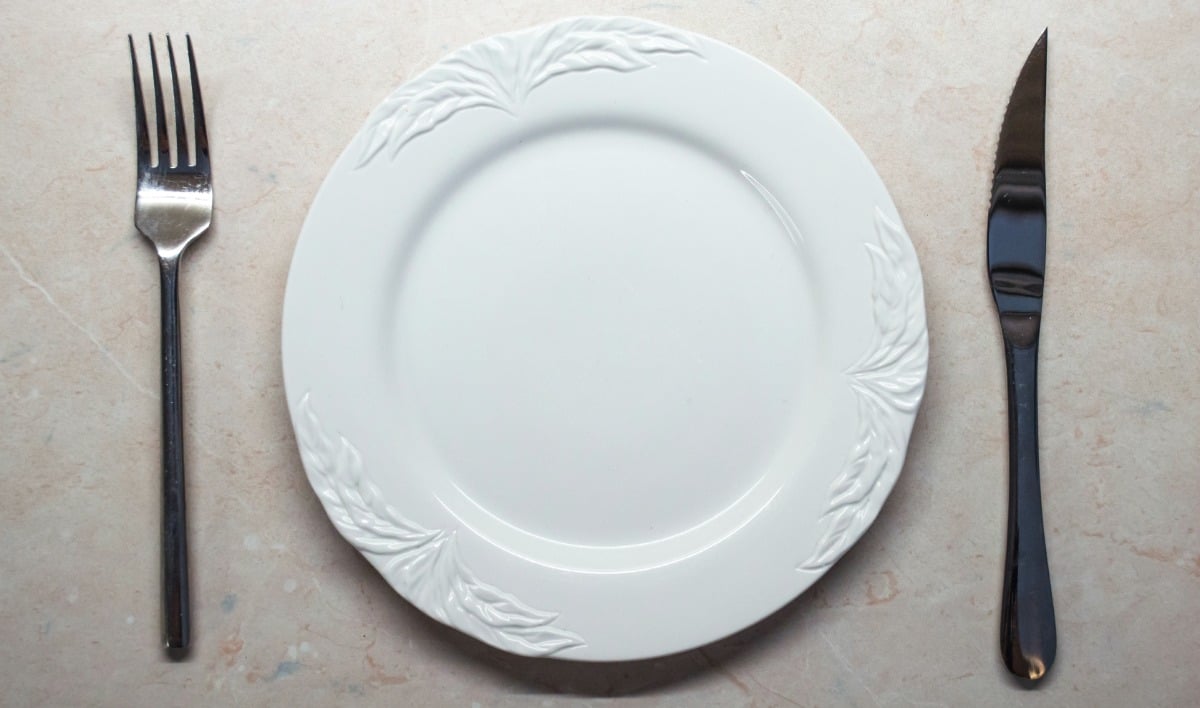
Today marks the inaugural World Eating Disorders Action Day, an occasion intended to spread accurate information and eradicate myths about eating disorders across the globe.
It comes at any interesting time in Australia, where our only eating disorder-dedicated support service, The Butterfly Foundation, could lose its funding under the Federal Department of Health’s restructuring of online mental health services. The plan is to ‘centralise’ mental health care – cutting support initiatives such as The Butterfly Foundation’s hotline.
Alongside the practical and symbolic implications of this funding decision is a vast misunderstanding of eating disorders and what they look like.
In popular culture, and by many well-intentioned campaigns, an ‘eating disorder’ almost always looks like a white, privileged, emaciated woman who refuses to eat. We tend to logically conflate ‘eating disorders’ and ‘anorexia nervosa’, despite the fact anorexia is actually the rarest of all eating disorders.
Watch the Nine Truths About Eating Disorders, courtesy of World Eating Disorders Action Day. (Post continues after video.)
Our cultural obsession with anorexia isn’t exactly surprising. It’s the most deadly of all psychiatric illnesses, and one of the only mental disorders you can really see. We’re collectively fascinated with restrictive eating behaviours and the concept that an otherwise healthy person could starve themselves to death. But how about other debilitating and far more common issues with eating?

Top Comments
I suffered for 12 years from an eating disorder but never ticked the boxes. At my worst I didn't eat at all... Yet because I was still fat in society and the doctors eyes I was just depressed; no one ever dealt with the eating issue and in the end I did it on my own. I lost 40kg in 6 months and even the people who knew I wasn't eating congratulated me on how I looked. Just because I had weight to lose doesn't make it healthy.
So much more needs to be done in society to help individuals in these circumstances and for society to stop glorifying the thin, which yes is the only way to be recognised with an eating disorder.
I still don't tell people about my battle simply because I'm still obese (hard to lose baby weight when you're scared you'll just stop eating again). I don't think people will believe me. I'm open about the depression/suicide/self harm... Can't be with the eating disorder.
Firstly, congratulations on working to heal your eating disorder. You did so well! You should feel great pride in your achievements. It's no easy feat. Often, eating disorders aren't easily cured in the first instance. Don't give up. Push through that fear but mostly, learn to absolutely love and adore yourself just how you are right now. You are good enough in this moment. You are worthy and you are loved. The rest will come after that xx
Thank you for a great article. I always thought I didn't qualify as having an eating disorder because I'm in the lower end of the healthy weight range. I knew, however, that my highly restrictive habits and worries/panic about food weren't normal. I'm also a middle aged woman who didn't suffer from eating disorders in my teens or twenties. Turns out I do have an eating disorder and have now been officially diagnosed after being honest about my eating habits and concerns about food when seeking help with depression (a side effect of nutrition issues among other things). I'm slowly getting my head around the diagnosis and how to solve my anxieties and need to control food/weight with the help of my psychologist. It's something family and friends never picked up because of my normal weight and due to my weight being 'normal' it's been easy for me to hide my heavily restrictive eating habits with my various excuses. So much stigma out there though so I'm not quite willing to be outed as having an eating disorder. I do really appreciate articles like this though which will hopefully start breaking down those misconceptions.